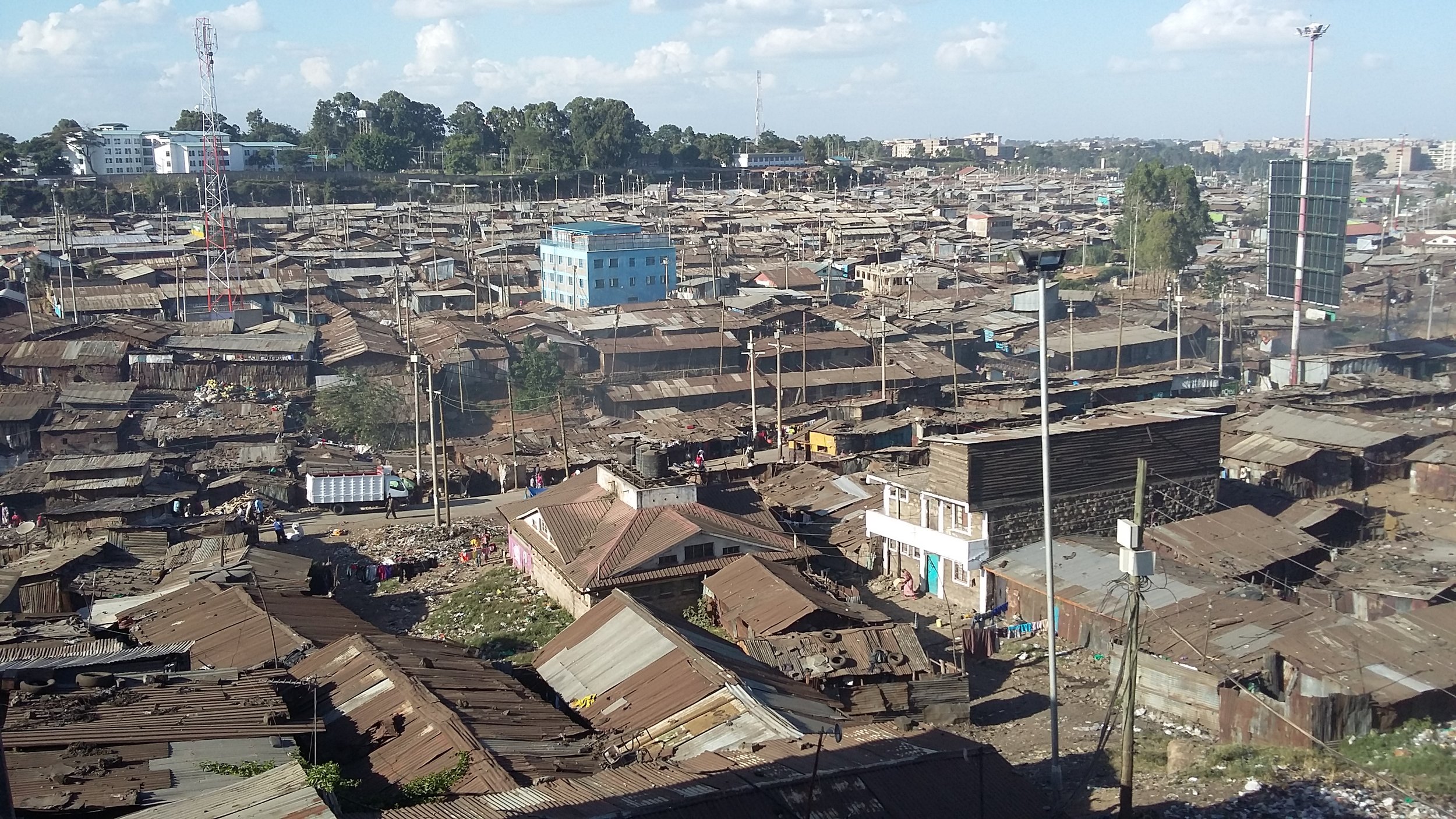Demystifying constraints to food safety, through training in Nairobi’s informal settlements
Mathare Valley, Nairobi
By Grace Githiri & Shadrack Mbaka
Food vendors in informal settlement areas, in the capital Nairobi are some of the major food providers in the informal economies. However, with the new dispensation of city county governments (local governments) such small scale traders are often seen as a menace. Somehow, they remain a big constituency for revenue collection, which enables the county governments to provide basic services to the city residents.
It has been assumed, that their stalls increase congestion in the very limited public spaces of the settlements, often causing unwanted congestion; and inadequate food safety measures, including poor storage facilities and contamination from nearby solid waste disposal points and open sewers, associates them to poor health. A hallmark of recognition need to be given to this sector, since food vendors play a significant role in food security in slums. Supporting them to improve the safety and quality of their products is a major opportunity for advancing urban food safety would be the ideal frontier.
The food security and safety project, looking back the last two years and the project report, food safety situation in Mathare Informal Settlement, identified physical constraints to food safety within the settlement. These led to the development of spatial databases for the identified physical constraints, the spatial database was adversely applied to understand the physical constraints to food safety in the informal settlements.
The project begun by a community mobilization initiative which created awareness of the project, this was followed suit by community reflection sessions, where the food vendors were able to discuss their understanding of the physical constraints and food safety within their settlement spaces. This was then followed by a mental mapping exercise to identify where and why the four villages were selected for data collection.
Nick Ngummi of APHRC trains participants on good business practice.
This then led to the development of the data collection tools which included the mapping tools and the Focus Group Discussion questionnaire. The tools then had to be piloted in one of the villages in order to refine them before the actual data collection for the rest of the villages was conducted. The resultant data was then analysed and taken back to the community for validation. The major physical constraints within the settlement were found out to be environmental, infrastructure and space whereas the safety issues include contamination, storage, security and food handling.
Participants and the Food safety and handling training held in Mathare
As a culmination of this study, vendors in Mathare-Bondeni yesterday participated in a food safety handling and hygiene training session that was formulated among food vendors residing in Mathare to enhance their knowledge and boost awareness on food safety and hygiene, but also offered a highly engaging discussion.
On 25th February, a total of more than 30 vendors carefully selected from thirteen villages in Mathare Valley were trained by health and social experts from the International Livestock Research Institute (ILRI) and African Population and Health Research Centre (APHRC) with expertise in food safety, hygiene and business models, of course this was with a sharp focus on promoting best food safety practices.
Muungano wa Wanavijiji food security programme coordinators mobilized the participants while ILRI and APHRC facilitated the training The activity was in response to vendors’ own requests for capacity-building and offered a crucial opportunity to support livelihoods and bolster community health across eight villages in Mathare.
Even with all their diversity, vendors were consistently engrossed in the training session asking key pertinent questions with regards to food safety and handling.
The session began with a word of prayer from one of the participants and was followed by a brief background from the Urban Zoonoses project field coordinator Mr. James Akoko and there after a segmented training session on different types of germs, food related illnesses and myths perceived and associated with the causes of such diseases, where vendors brain-stormed thoughtfully about how to define ‘good’ and ‘bad’ foods. Other key topics included good hand-washing practices and how to cut, wash, and prepare vegetables or meat properly.
Willy Maina, one of the food security and safety coordinator makes a point during the training
A demonstration of food cleaning, preparation and handling.
All participants were encouraged to speak their mind, draw illustrations and provide real life examples and to ask questions; handouts were provided to share with other vendors in their settlements. Future sessions are envisioned with vendors in Korogocho, which was filmed to disseminate information among additional vendors.
Lorraine of ILRI takes participants through hand washing procedure
The workshop fostered widespread benefits in Nairobi’s informal settlements, in addition to meeting vendors’ own demand for improved food sourcing, safety and business skills.
Educating vendors and consumers in food safety is likely to create awareness across informal settlements in the city, thereby helping to prevent food-borne illnesses often witnessed in the food value chain and the associated socio-economic losses that food vendors have to bear the brunt.
Through community organization among the food vendors and consumers living and working in the informal settlements is practically aimed at creating awareness, building awareness among the urban poor populations with regards to food security, safety and better health.






